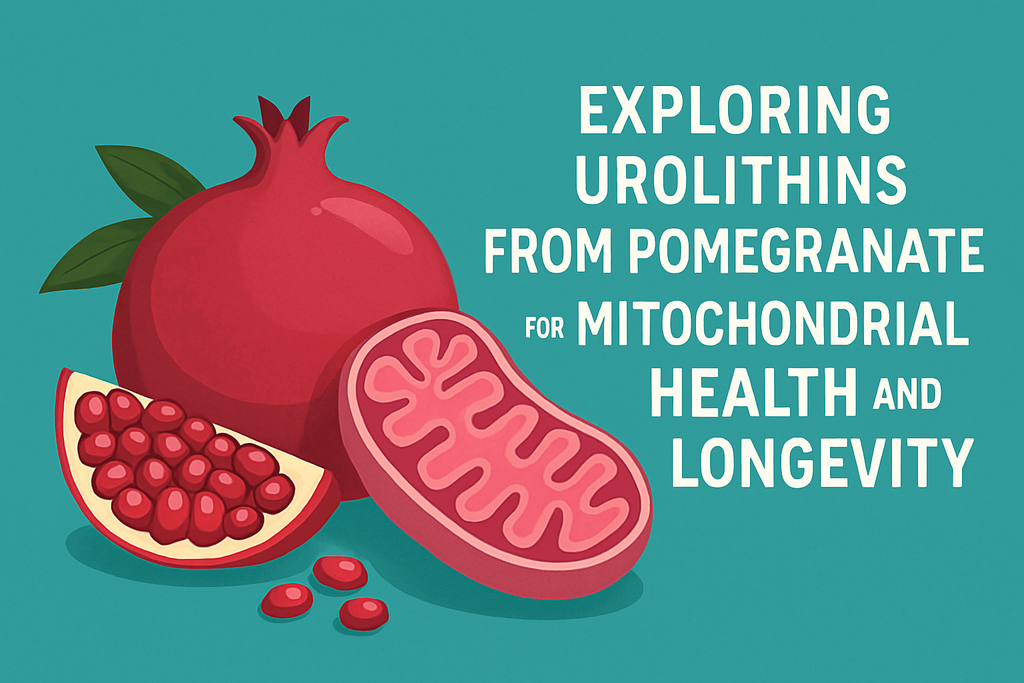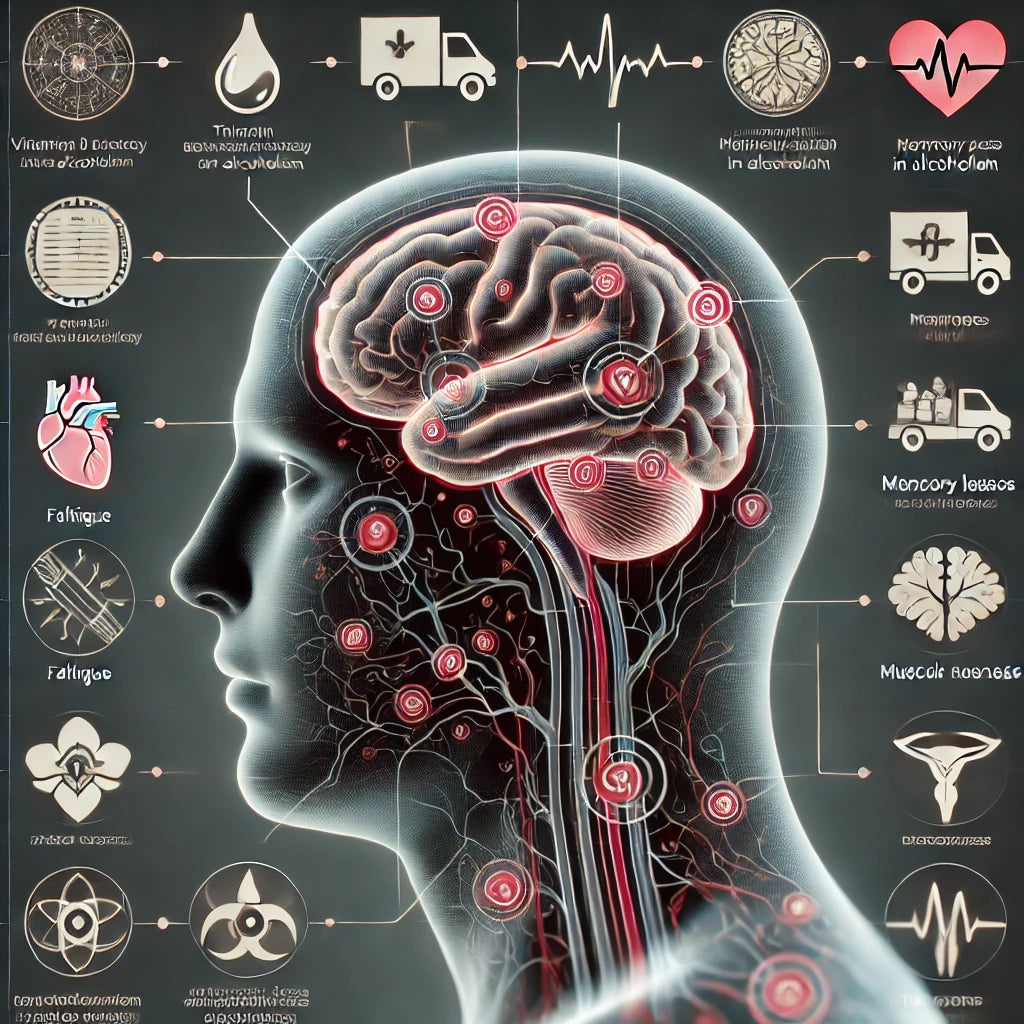News — energy metabolism
Urolithins from Pomegranate: Boosting Mitochondrial Health and Longevity
anti-aging supplements cellular energy ellagitannins energy metabolism fisetin supplement gut microbiome healthy aging longevity mitochondrial biogenesis mitochondrial health mitochondrial support mitophagy muscle performance natural anti-aging oxidative stress pomegranate metabolites postbiotics PQQ supplement urolithin A urolithin benefits
In the search for graceful aging and vibrant cellular energy, mitochondria—the tiny powerhouses of our cells—have become a focal point of cutting-edge health science. When these energy engines falter, so does our vitality. But what if a natural compound found in a common fruit could spark mitochondrial renewal and extend the lifespan of our cells? Enter urolithins, postbiotic metabolites derived from pomegranates that are quickly gaining a reputation as game-changers for mitochondrial health and longevity.
Urolithins, especially Urolithin A, are not present in pomegranate juice itself. Instead, they’re produced by gut bacteria when ellagitannins—polyphenols found in pomegranates—are metabolized. These molecules have been shown to stimulate mitophagy (the selective recycling of damaged mitochondria), reduce inflammation, and improve muscle function in both animal models and human trials. In a world where fatigue, cognitive decline, and aging-related conditions are increasingly common, urolithins may hold a juicy secret to a longer, more energized life.
Thiamine and Alcoholism: Understanding the Risks and Prevention
alcohol alcohol use disorder alcoholism alcoholism risks B vitamins Brain Health cognitive health dietary sources energy metabolism health complications mental health neurological health nutrition in recovery prevention thiamine thiamine deficiency thiamine supplements vitamin B1 deficiency Wernicke-Korsakoff syndrome
When it comes to maintaining our health, nutrition plays a foundational role in ensuring that our bodies and minds function optimally. One of the most critical vitamins for both mental and physical well-being is thiamine, also known as vitamin B1. However, individuals who struggle with alcoholism often experience a deficiency in thiamine, which can lead to severe, even life-threatening health issues. Understanding the relationship between thiamine and alcoholism is crucial for anyone working in healthcare, individuals recovering from addiction, or loved ones seeking information to support a family member.
This article delves into why thiamine deficiency is common among those with alcoholism, the health risks associated with this deficiency, and what can be done to counteract the effects. Armed with knowledge, those affected can take proactive steps to protect their health, seek necessary medical intervention, and make dietary changes to mitigate the risks of this dangerous combination.


